Civic Tech Field Guide
Sharing knowledge and productively growing the fieldThe People > Learn about civic tech - (421)
This category collects different learning resources about civic tech. You can find from blogs that explain how to enhance the relationship between people and governments to podcasts and films on how humanitarian organizations are responding to crises. The collection also includes books, newsletters, research, catalogs, reports, and information about courses, trainings, and workshops.
Showing 421 Results

Dadocracia
São PauloUm podcast voltado para as mais diversas discussões entre tecnologia e sociedade. Listen on Spotify
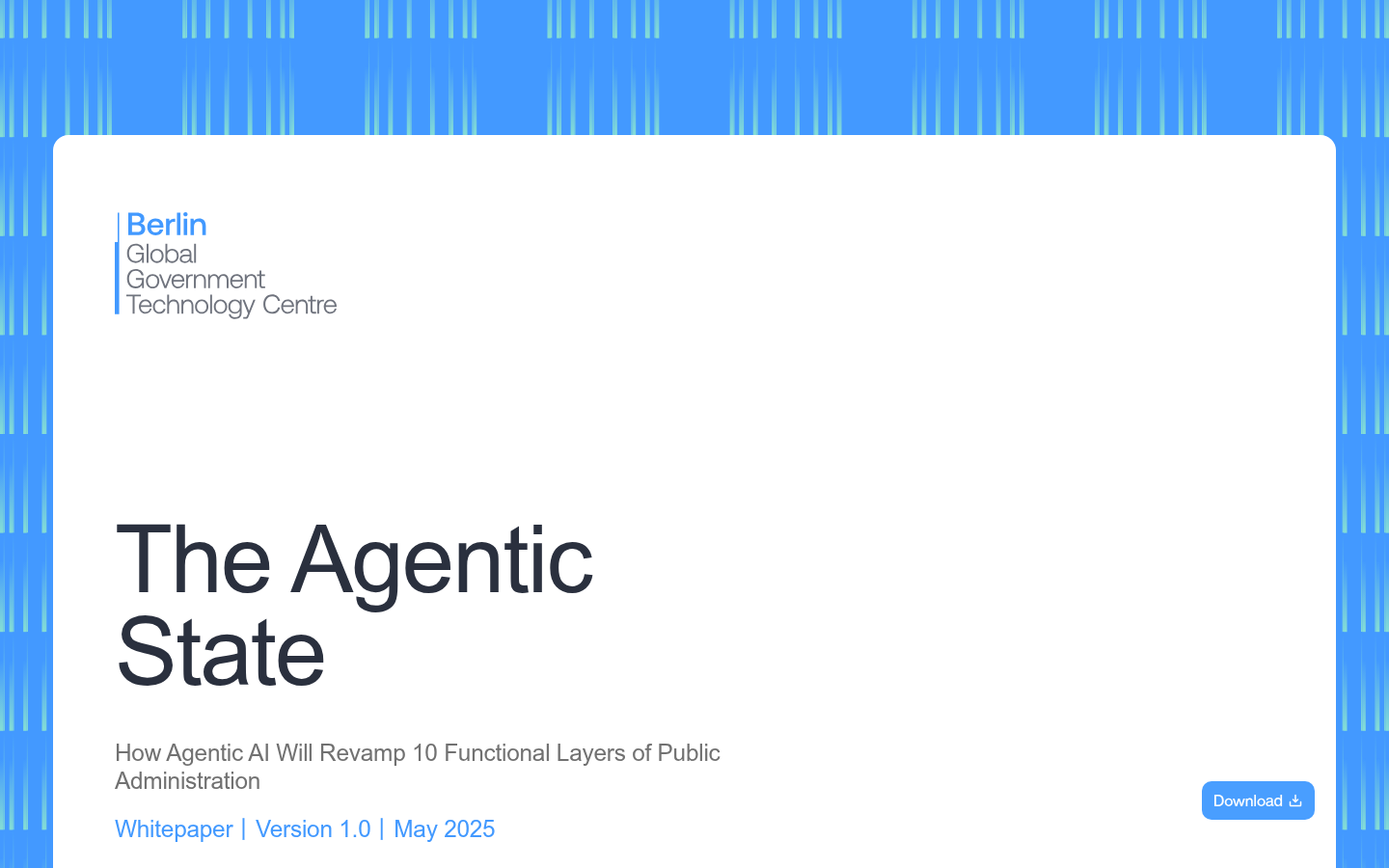
The Agentic State
BerlinWhitepaper: How Agentic AI Will Revamp 10 Functional Layers of Public Administration
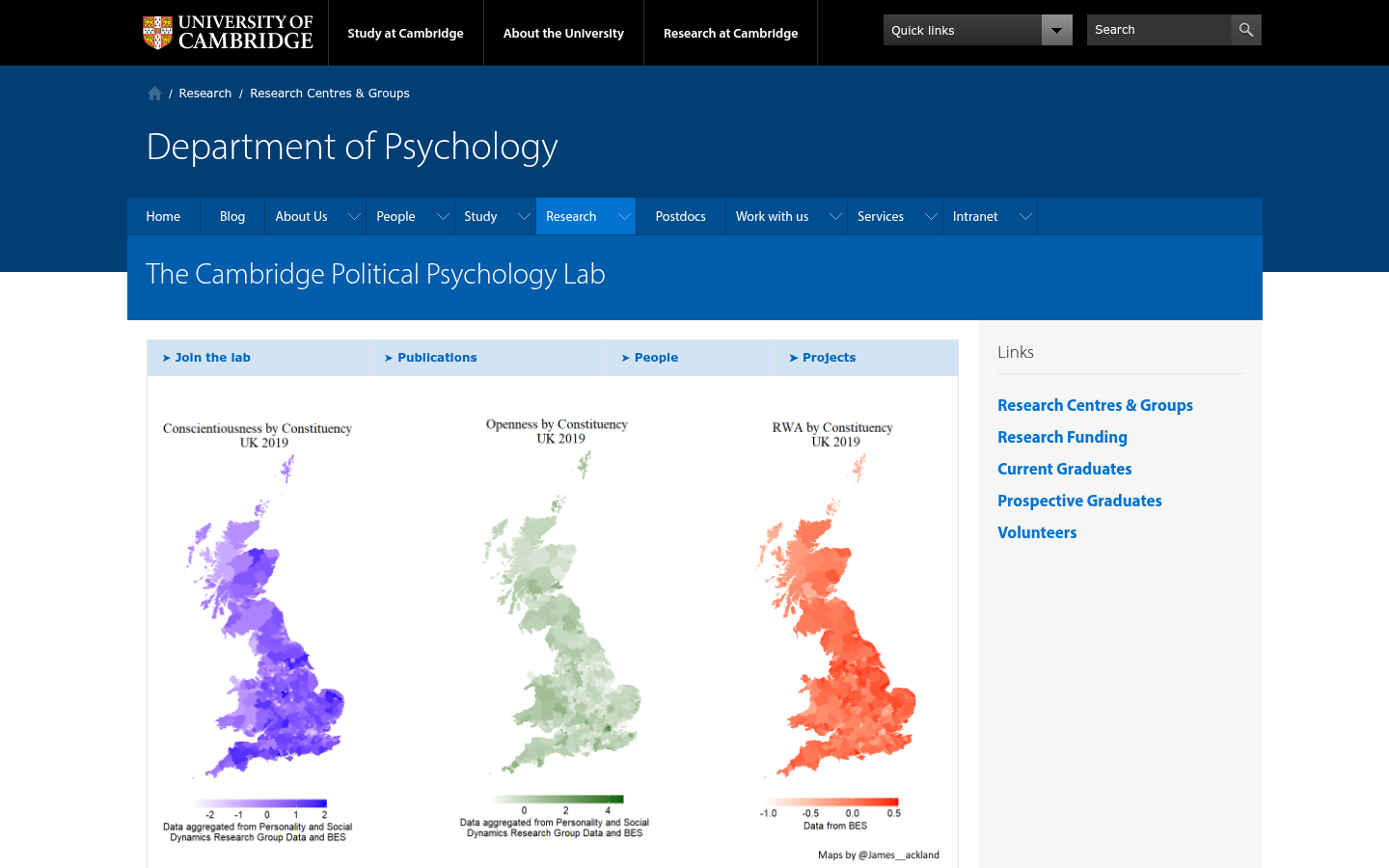
The Cambridge Political Psychology Lab
Cambridge, UKThe recently established Cambridge Political Psychology Lab attempts to apply insights from psychology to understand real world political decision making.

Youth Political Participation – Literature and Policy Review 1980–2023
United Kingdom of Great Britain and Northern Ireland (the)This scoping study presents an in-depth exploration of youth political participation, focusing on the design and implementation of youth-related policies.

2022 Compilation report by European Democracy Hub and European Partnership for Democracy, funded by Carnegie Europe

This report examines the implications of this new phase of activism for democracy and democracy-support strategies.

Beyond Ballots
BrusselsThis is EPD's weekly newsletter providing updates on the latest democracy news, research, events and job offers.

Digital Public Infrastructure For Digital Governments
OECD, Rue André Pascal, Paris, FranceThis OECD policy paper explores digital public infrastructure (DPI), defined as shared digital systems that are secure and interoperable and that can support the inclusive delivery of and access to public and private services across society.

Machines Like Us
CanadaMachines Like Us is a technology show about people.

Good Standing podcast
New York CityGood Standing is dedicated to exploring how individuals and organizations are driving real-world impact.

Épicos
Brasília - Brasilia, Federal District, BrazilAumentar a segurança dos servidores públicos na execução de projetos inovadores, valorizando, prestigiando e dando voz aos inovadores.

零時小學校 sch001
Taiwan (T'ai-wan)零時小學校(Sch001)是聚焦在教育的 g0v 專案

Civic Tech Project & Community Handbook
Taiwan (T'ai-wan)From Taiwan’s g0v Community to the World: The Collaborative Wisdom of Digital Citizens

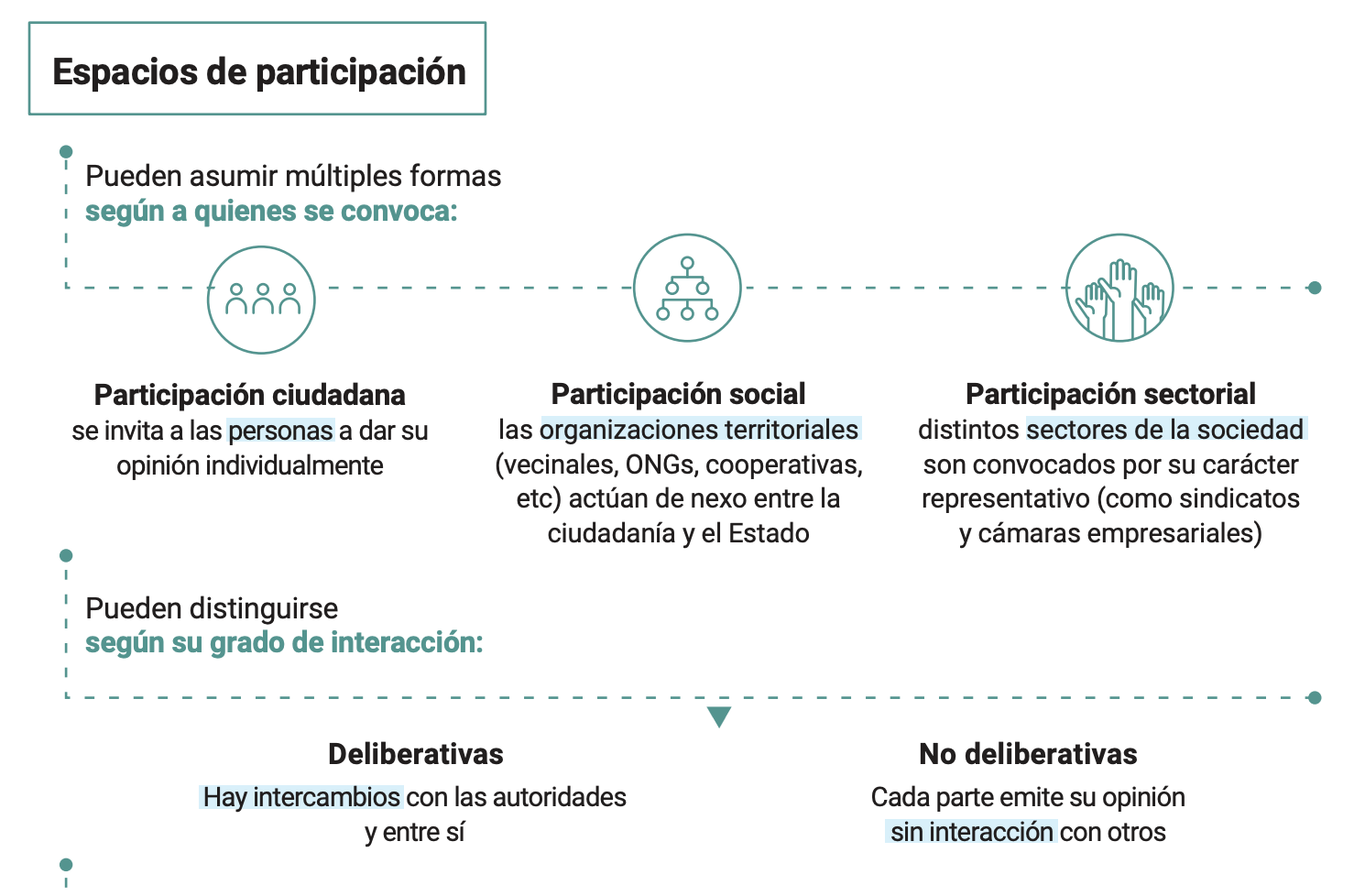
Abordaje conceptual y metodológico para la incorporación de las preferencias de la ciudadanía en políticas públicas

The DSI Community Democracy at the University of Zurich focuses on research related to the impact of digitalisation on the political system, on democracy, and on related topics.

COLDIGIT glossary for Collective Intelligence Tools
Helsinki, FinlandA glossary for the repository of Collective Intelligence Tools and Case studies
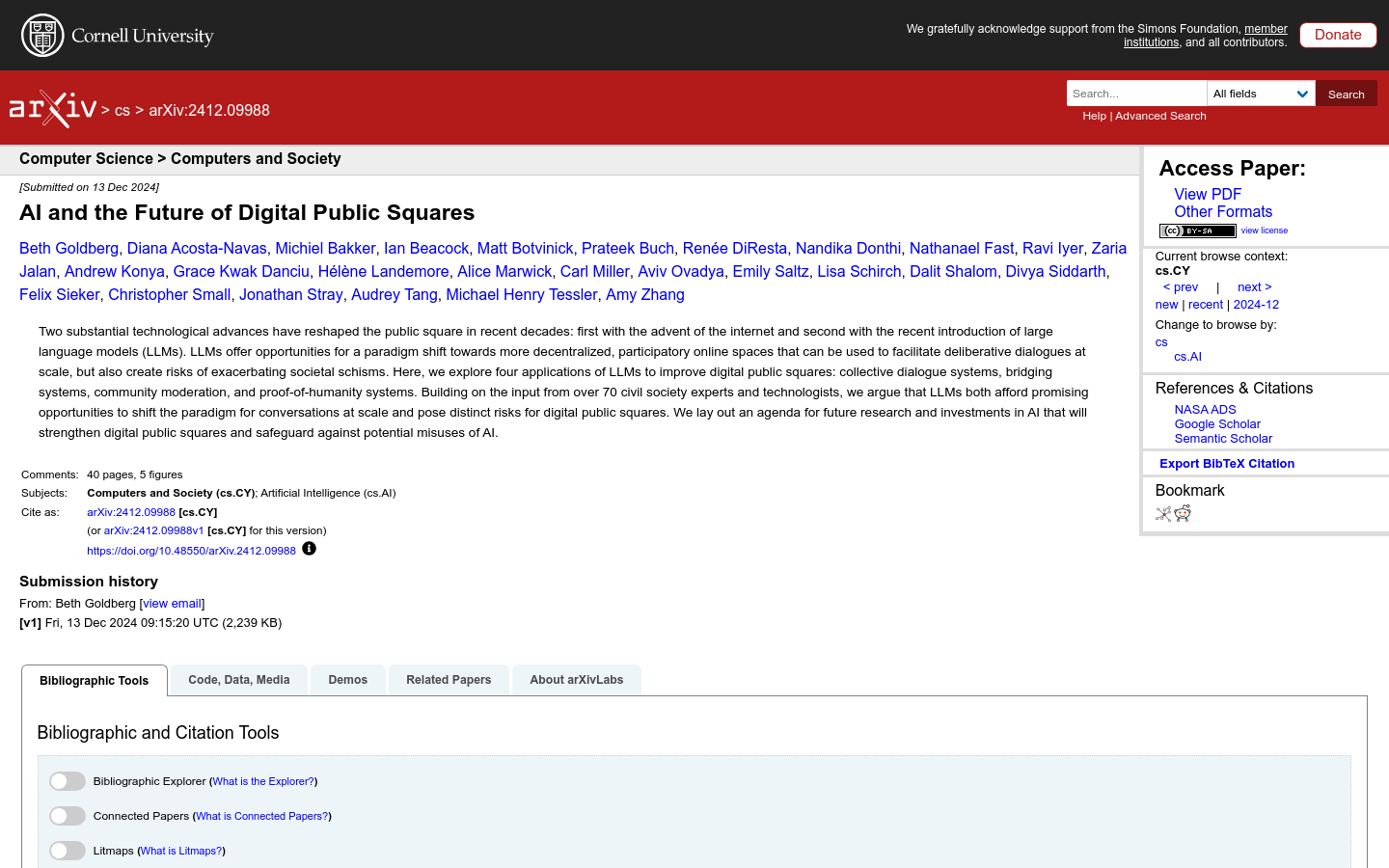
Here, we explore four applications of LLMs to improve digital public squares: collective dialogue systems, bridging systems, community moderation, and proof-of-humanity systems.

Scanning the Horizon
GlobalThe report serves as an entry point to this ‘forecasting’ stream of work that organizations working in the digital rights ecosystem often overlook, especially when resources are scarce, and they are focused on current challenges and ongoing projects.

Wilder Journal
Barcelona, SpainHere you will find in-depth articles (deep dives), interviews and other content related to our lines of activity (Future Culture, Democratic Innovation, Citizen Empowerment, Social Economy and cooperativism).

Protests in the United States on Palestine and Israel, 2023–2024
Harvard University, Cambridge, MA, USAAnalyzes the size, rhetorical nature, and non-violent nature of the pro-Palestine protest wave, which it finds to be "the largest, most sustained US protests sparked by a foreign event" since their data became available in 2017. Published in Social Movement Studies
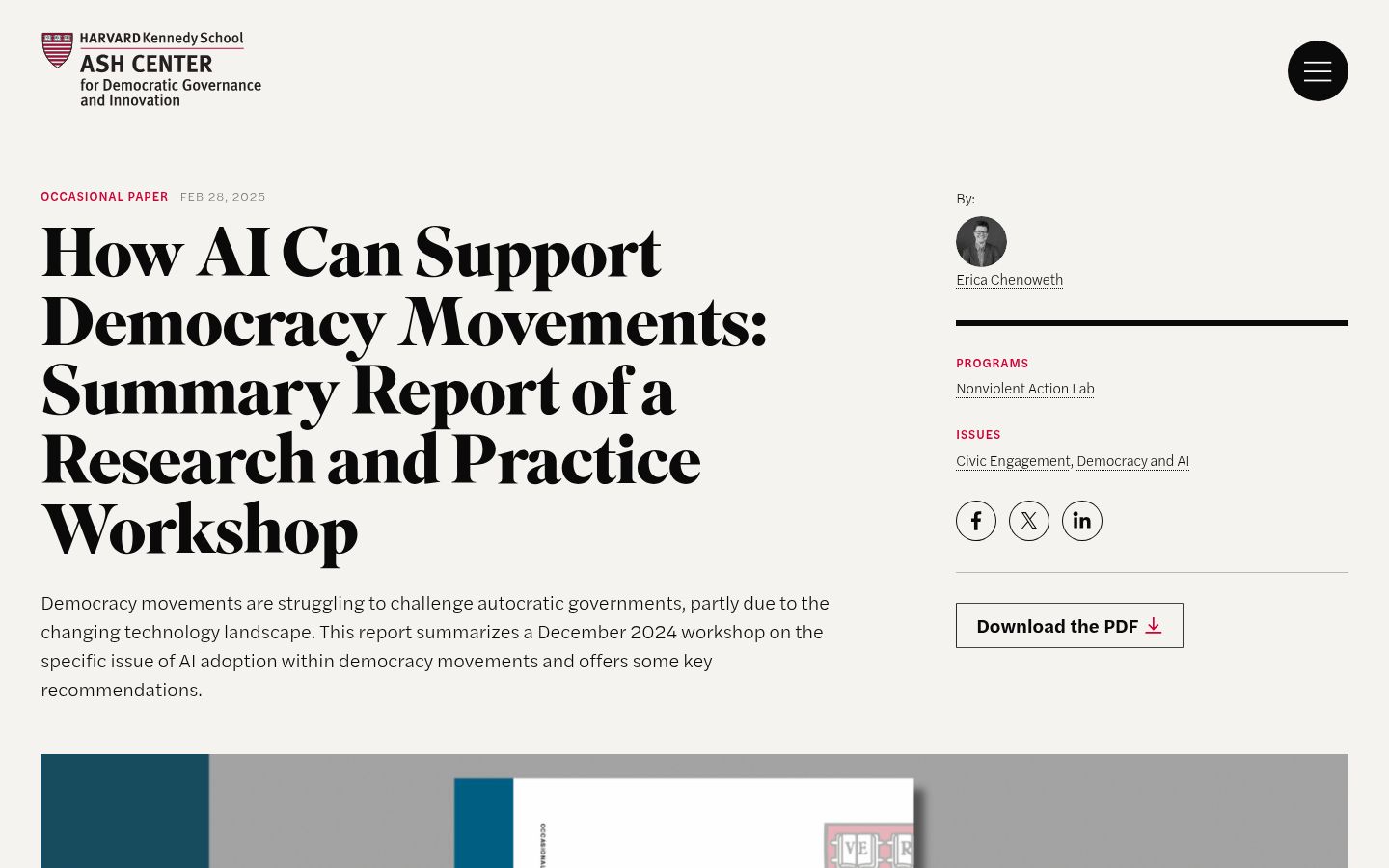
How AI Can Support Democracy Movements: Summary Report of a Research and Practice Workshop
Harvard University, Cambridge, MA, USAThis report summarizes a December 2024 workshop on the specific issue of AI adoption within democracy movements and offers some key recommendations.


Public & Collab Services Course
The New School, East 13th Street, New York, NY, USAA core course for the Graduate Minor in Civic Service Design at Parsons School of Design at The New School, taught by Lara Penin

How to Think/Act in Dark Times: Exploring a Critical Praxis
The New School, East 13th Street, New York, NY, USATaught By: Eduardo Staszowski

Storytelling with Data Course
The New School, East 13th Street, New York, NY, USATaught by Maria Massei-Rosato

Doing Democracy Differently
New York, USAThis 10 Credit CTLE (Continuing Teacher and Leader Education) course presented with Democracy Without Elections introduces secondary teachers to the expanding use of lottery (sortition) to bring diverse groups of citizens together to form policy recommendations.

Governance of Emerging Technology and Tech Innovations for Next-Gen Governance (GETTING-Plurality)
Harvard Kennedy School, John F. Kennedy Street, Cambridge, MA, USAA multi-disciplinary research network linking philosophers, social scientists, computer scientists, legal scholars, and technologists.

Nonviolent Action Lab Podcast
Harvard Kennedy School, John F. Kennedy Street, Cambridge, MA, USAThe Nonviolent Action Lab Podcast brings you the latest research, insights, and ideas on how nonviolent action can — or sometimes fails — to transform injustice.

Allen Lab for Democracy Renovation
Harvard Kennedy School, John F. Kennedy Street, Cambridge, MA, USAThe Allen Lab for Democracy Renovation aims to reinforce democracy through strengthening institutions, building interpersonal and informational trust, and reducing hyper-partisan affective polarization with research and field-building.

Ever wonder, “How can civic tech help improve government service delivery?” If so, check out this new research from the Canadian Digital Service! It includes 5 case studies of partnerships between the Canadian government and civic tech groups, plus tools to assess if civic tech might be a good partner for a government initiative. Find it here: https://digital.canada.ca/2025/01/23/how-can-civic-tech-help-improve-government-service-delivery/

The first sustained, detailed philosophical defense of using lotteries, rather than elections, to select political representatives

How can we ensure that democratic capacity can keep pace with AI advances? What are achievable positive visions for a world being transformed by technology? By Aviv Ovadya

Global Trends in Government Innovation 2024
OECD, Rue André Pascal, Paris, FranceThis report analyses nearly 800 case studies from 83 countries and identifies five critical trends in government innovation that are reshaping public services.

Myanmar Internet Project
Myanmar (Myăma)The Myanmar Internet Project was established in 2022 by a collective of researchers, practitioners and advocates with years of experience tracking developments in the Myanmar digital space.

The Curve
United Kingdom of Great Britain and Northern Ireland (the)The Curve is a series of free, 90-minute workshops for third sector organisations.
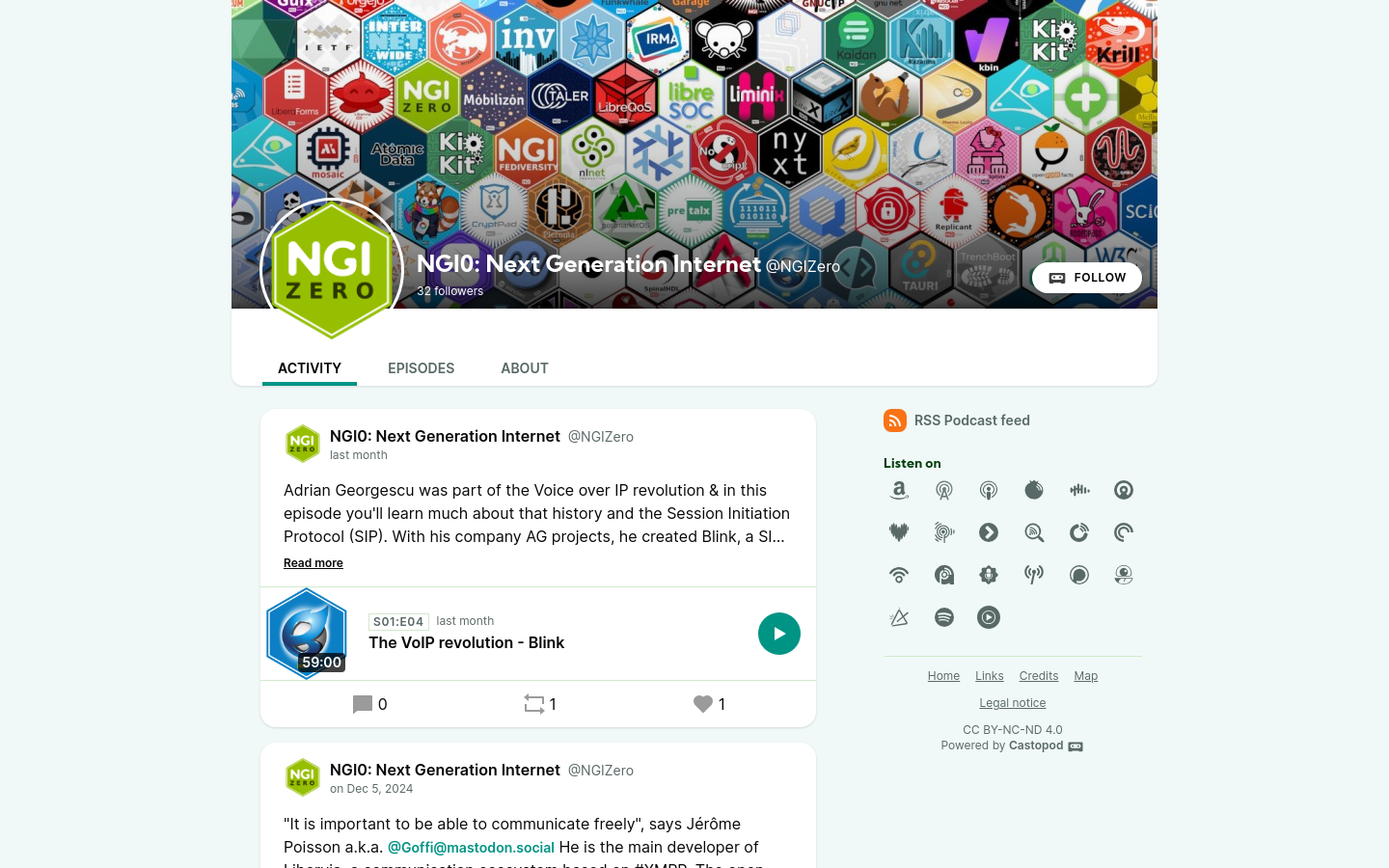
NGI0: Next Generation Internet podcast
Netherlands (Nederland, Holland)Conversations with the people building the Next Generation Internet (NGI). They’re working on free and open source technologies to make the internet more resilient, secure, trustworthy, accessible and human-centered.

Open civic organizations
CaliforniaMission-minded people, powered by open, agile flow, joining together, learning from one another, building a better civic experience for the communities they serve.

Proudly Serving
United States of America (the)A guide to public service in the digital age

The Political Technologist
Newspeak House, Bethnal Green Road, London, UKThe Political Technologist is a multimedia publication that covers the latest developments and trends in the field of political technology, inviting the audience to collective sense-making with the editorial board as day-to-day events unfold in front of our eyes.

Centro de Pensamiento y Acción
Asunción, ParaguayLos centros de pensamiento son «asociaciones de investigadores, de áreas diversas del saber, que, mediante la investigación, el debate académico, la producción de documentos y la relación con sectores y problemas estratégicos de la realidad nacional, definen e inciden, a partir de su trabajo en red, en la evaluación y formulación de políticas públicas».

Landscape Scan of Digital Public Goods Use in Government
Georgetown University, Washington, DCLandscape Scan of Digital Public Goods Use in Government

Decidim Zotero library
Barcelona, SpainAn open library of numerous cataloged studies and resources about the platform








